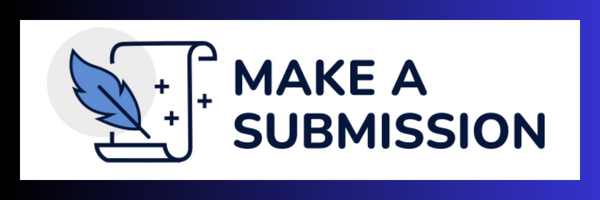A Marxist-Feminist Study of Patriarchal and Political Credo in A Thousand Splendid Suns
Keywords:
Feminist Approach, Patriarchal Society, Women Subjugation, MarginalizationAbstract
Aims: This research examines how fiction writers from around the globe have portrayed the enslavement and marginalization of women, which is rooted in cultural, social, economic, and political systems rather than individual actions. Khaled Hosseini's novel, A Thousand Splendid Suns, sheds light on the struggles women endure under patriarchal oppression in Afghanistan, where they are marginalized due to a combination of societal, cultural, economic, and political challenges.
Methodology and Approaches: The novel includes a close reading of the text, with a particular emphasis on feminist elements. The study employs a thematic analysis to examine many issues, including the societal, cultural, economic, and political obstacles of living in a war-torn country. Set in Afghanistan during the last three decades, the narrative depicts the suffering of ordinary folks, notably women, in a society dominated by males.
Outcome: A Thousand Splendid Suns' depiction of tyranny is a reflection of the larger patriarchal system. This analysis highlights the political and patriarchal forces at work in the novel using the prism of Marxist feminist theory. Marxist feminism asserts that gender and class oppression are comparable, with men perceiving women as inferior and treating them as the working class, while men see themselves as the ruling class.
Conclusion and Suggestions: The severe gender imbalance relegates women to the lowest levels of society, often treating them as mere objects and sources of shame. The oppression portrayed in A Thousand Splendid Suns mirrors the broader patriarchal system. The novel also illustrates Afghan history and collective memory. Afghanistan has a long history of resilience amid adversity. As depicted in the story, women are often viewed as a disgrace to society, further diminishing their status in a male-dominated world.
Downloads
Published
How to Cite
Issue
Section
Copyright (c) 2024 Imran Ahmad Khan

This work is licensed under a Creative Commons Attribution-NonCommercial 4.0 International License.












